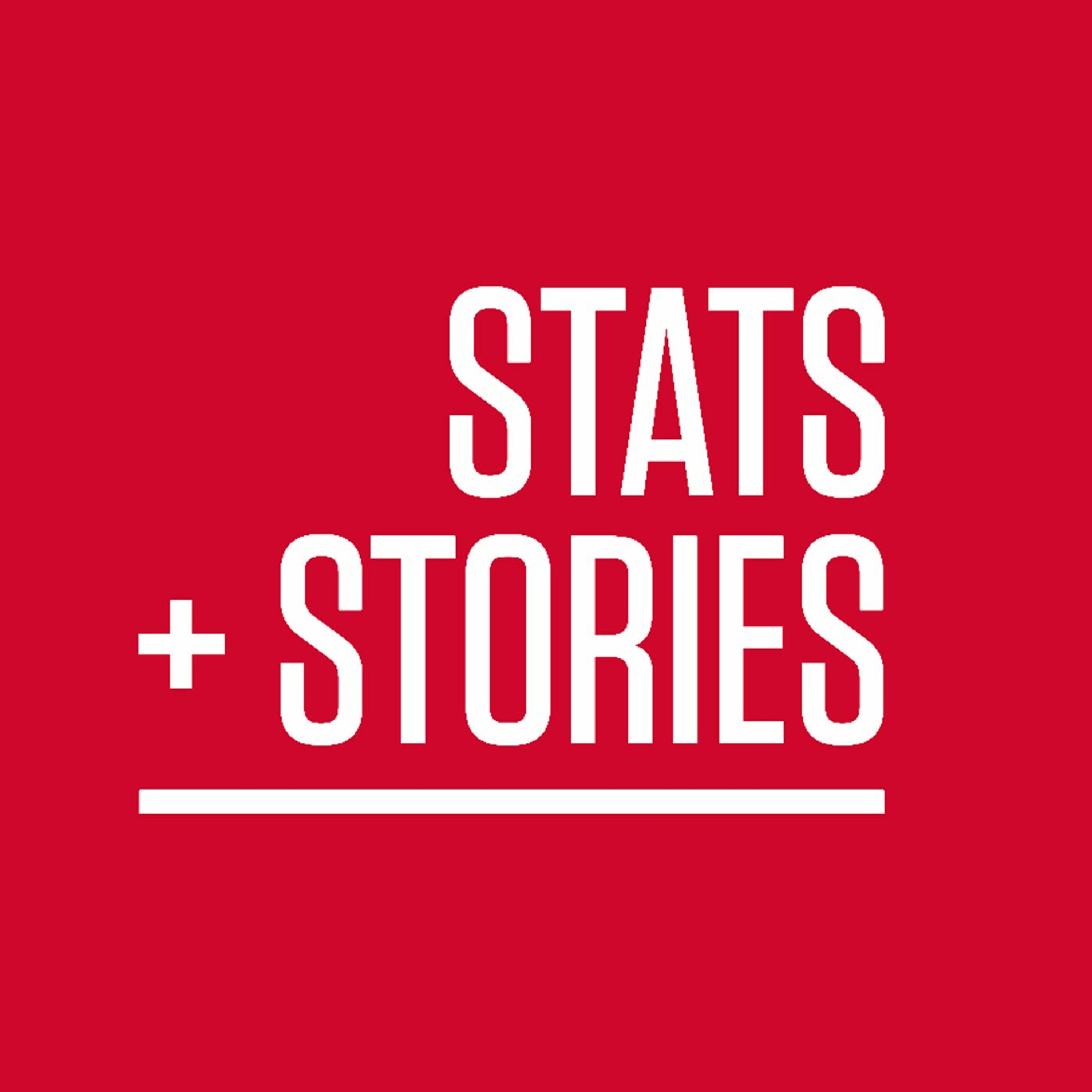
Record Linkage | Stats + Stories Episode 196
Stats + Stories
Shownotes Transcript
Our lives are framed by numbers tracking our performance in school, our financial health, and our physical and emotional wellbeing. While this information can help us figure out what we might do to improve a situation, it’s only part of the statistical story. There’s other information, other data, that might be useful as well. The importance of linking data is the focus of this episode of Stats and Stories, where we explore the statistics behind the stories and the stories behind the statistics with guest Katie Harron
Harron is an Associate Professor in quantitative methods at the UCL Great Ormond Street Institute of Child Health as well as the 2021 Wood Medal recipient for, “her outstanding methodological work on record linkage.” . Her research focuses on the development of statistical methods and synthetic data for data linkage, and particularly for evaluating the quality of linkage. She aims to develop methods to exploit the rich data that are collected about populations as we interact with services throughout our lives. Her work facilitates the wider use of these population-based administrative and electronic data sources for epidemiological research, to support clinical trials, and to inform policy. Harron’s applied research focuses on maximizing the use of existing data sources to improve services for vulnerable mothers and families. Her current research links data from health, education and social care at a national level, in order to improve our understanding of the health of individuals from birth to young adulthood.